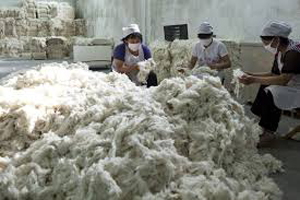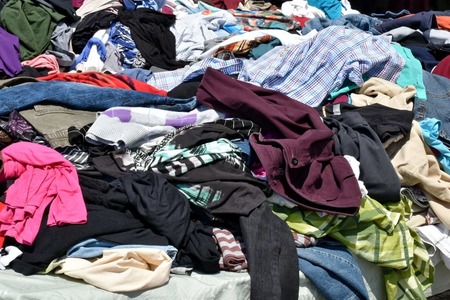
China cotton imports likely to see a drop in 2014-15
YarnsandFibers News Bureau 2014-01-13 00:00:00 – BeijingBeijing is expected to begin to shift to crop subsidies as early as this year, gutting the stockpiling program that has driven up domestic prices and put a floor under global ones.
According to Jarral Neeper, president of Calcot, a growers co-operative and one of the largest US exporters, China's cotton imports may drop as much as 45 percent in 2014/15 as Beijing ends its stockpiling program and starts reducing its huge inventories.
Imports in the world's top textile market may drop to 6-10 million 480-lb bales in the 2014/15 crop year that begins on August 1 from 11 million bales this season, Neeper said during the Beltwide cotton conferences in New Orleans.
He expects supplies outside Beijing's reserves to rise to about 23 million bales next year from about 15 million in 2013/14. This is the scary part of what 2014/15 can do to us ... it's going to mean China doesn't need as many imports. China will likely try preventing global prices from declining sharply and won't offload its stocks swiftly. Neeper added saying even so, "you can't get too bullishâ€.
China's industry may even export bales as supplies start to loosen. It like you'll have cotton on the free market that you haven't seen in a long time, Neeper said. However, the question remains how Beijing will manage the overhaul, has been at the forefront of discussions this week as industry members gather for the annual industry conference and farmers begin to set their 2014 planting intentions.
US, the world’s top exporter’s output may jump 25 percent to 16.4 million bales next season from 2013/14 production of 13.1 million bales.
Market Intelligence
Ask for free sample Report

experience
Customer Base
dedicated team
Countries Served Worldwide









